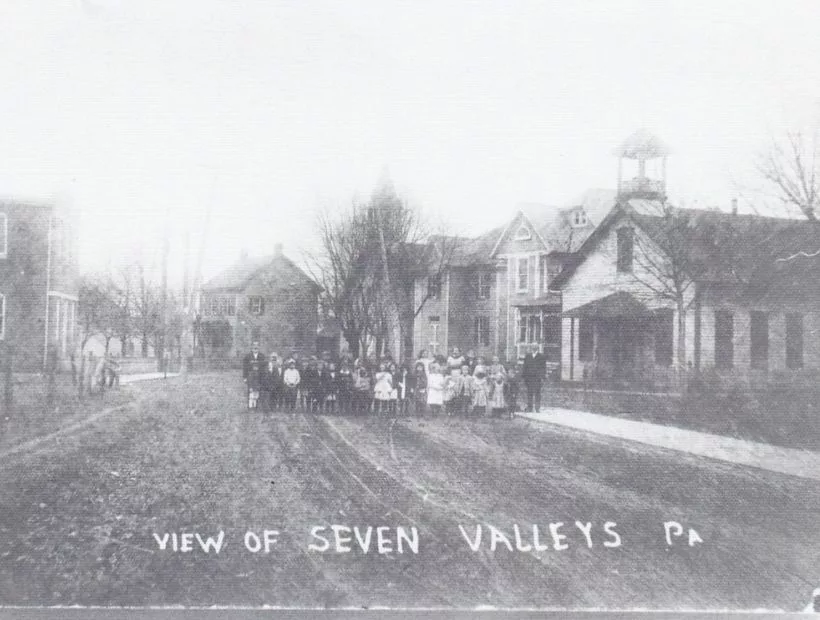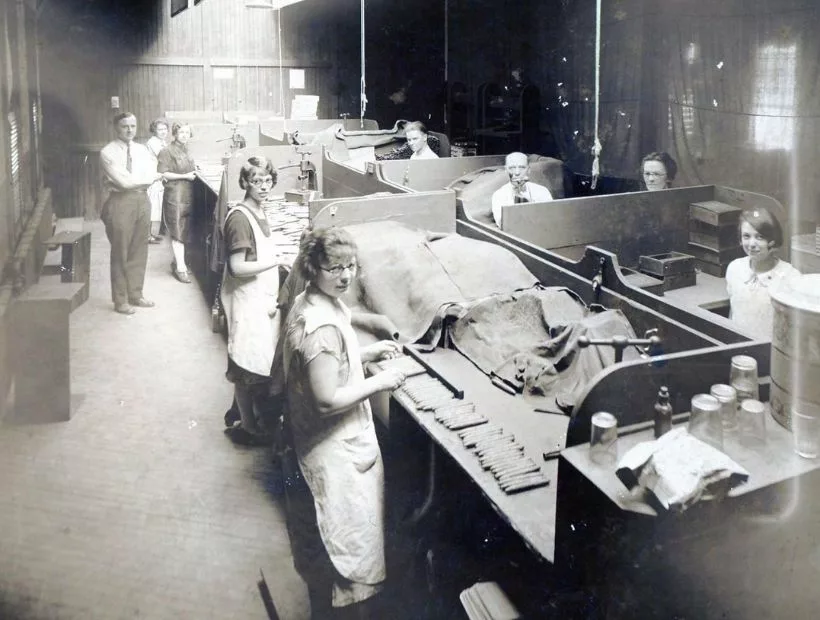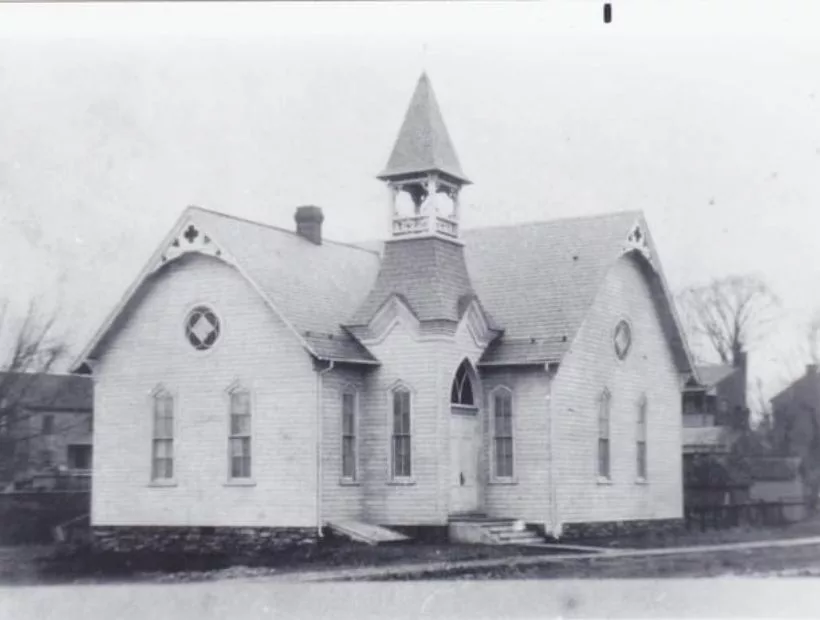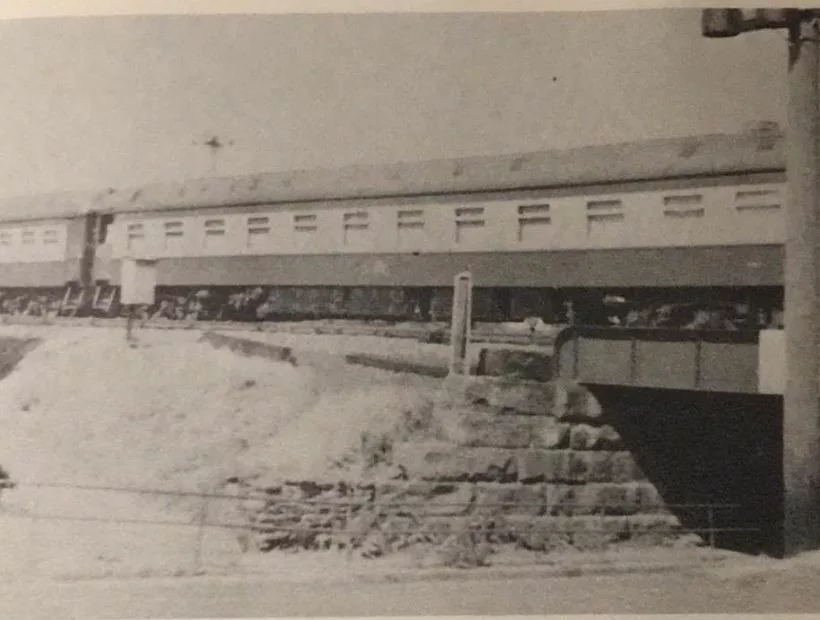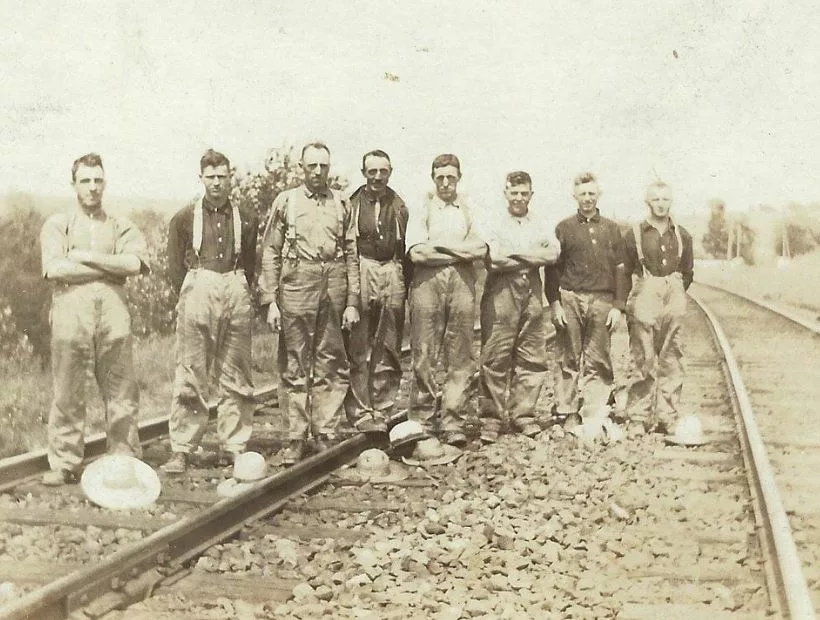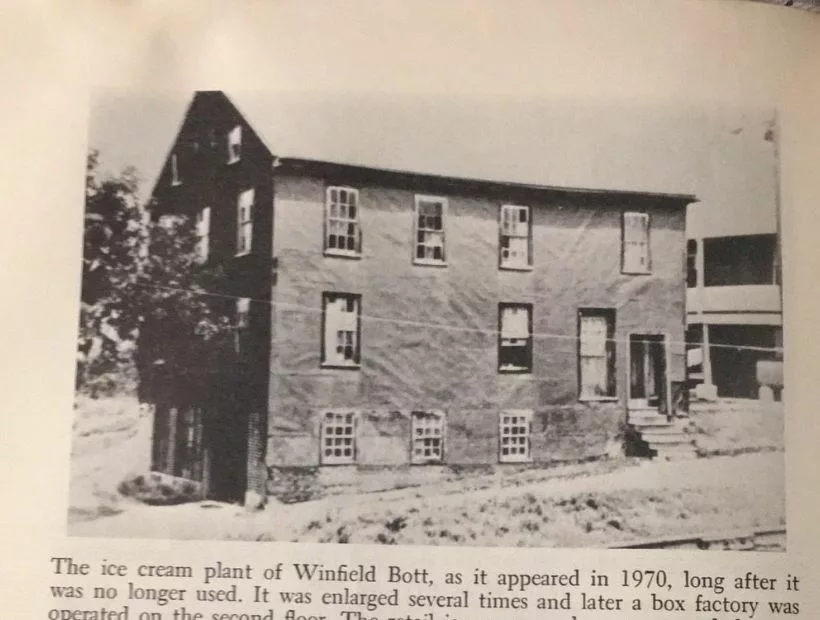
History of the Borough
Das Siebenthal / Seven Valleys
The Seven Valleys basin was settled by forty families of the German Lutheran and Reformed faiths.
They originated in the Hunsruck Mountains of the Rhineland Palatinate and arrived in this valley of the Codorus during the early fall of 1738.
The lush meadows and gently rolling hills here reminded them of their homeland, even to the presence of seven valleys in the vicinity, and they called it Das Siebenthal, which in German means Seven Valleys.
By 1752 these religious, hardworking farmers had organized churches and parochial schools, and, holding fast to their German heritage, worshipped God and taught their children in the Pfalzer dialect of the German language for nearly 150 years.
With the coming of the railroad in 1838 and the opportunity to trade commercially with the outside world, the use of the English language gradually crept into the culture.
By the end of the Civil War, the use of German slowly began fading into the background.
In 1854 iron ore was discovered here, and a great wave of prosperity swept the people of the valley “hell-bent-for-leather” into their golden age of the late 19th and early 20th century.
On August 23, 1892, the village of Seven Valleys was incorporated into an independent entity and took its place among the small industrial towns of southern York County.
Seven Valleys was singularly noted for manufacturing cigars and ice cream during its heyday.
The town boasted three physicians, one undertaker, two school teachers, two general stores, two hotels, two churches, two secret lodges, a baseball team, a feed and flour mill, two ice cream plants, a blacksmith shop, four cigar factories, and a sewing factory, as well as numerous small entrepreneurial enterprises.
It was a major railroad shipping point for cattle destined for the Baltimore markets. After a bank was founded in 1910, it became the financial center for North Codorus and Springfield Townships.
With most of its industry spent, Seven Vallets remains a haven of quiet serenity and a delightful place to live.
Today, it is a member of the York County Rail Towns.
The Seven Valleys basin was settled by forty families of the German Lutheran and Reformed faiths.
They originated in the Hunsruck Mountains of the Rhineland Palatinate and arrived in this valley of the Codorus during the early fall of 1738.
The lush meadows and gently rolling hills here reminded them of their homeland, even to the presence of seven valleys in the vicinity, and they called it Das Siebenthal, which in German means Seven Valleys.

By 1752 these religious, hardworking farmers had organized churches and parochial schools, and, holding fast to their German heritage, worshipped God and taught their children in the Pfalzer dialect of the German language for nearly 150 years.
With the coming of the railroad in 1838 and the opportunity to trade commercially with the outside world, the use of the English language gradually crept into the culture.
By the end of the Civil War, the use of German slowly began fading into the background.
In 1854 iron ore was discovered here, and a great wave of prosperity swept the people of the valley “hell-bent-for-leather” into their golden age of the late 19th and early 20th century.

On August 23, 1892, the village of Seven Valleys was incorporated into an independent entity and took its place among the small industrial towns of southern York County.
Seven Valleys was singularly noted for manufacturing cigars and ice cream during its heyday.
The town boasted three physicians, one undertaker, two school teachers, two general stores, two hotels, two churches, two secret lodges, a baseball team, a feed and flour mill, two ice cream plants, a blacksmith shop, four cigar factories, and a sewing factory, as well as numerous small entrepreneurial enterprises.

It was a major railroad shipping point for cattle destined for the Baltimore markets. After a bank was founded in 1910, it became the financial center for North Codorus and Springfield Townships.
With most of its industry spent, Seven Vallets remains a haven of quiet serenity and a delightful place to live.
Today, it is a member of the York County Rail Towns.

